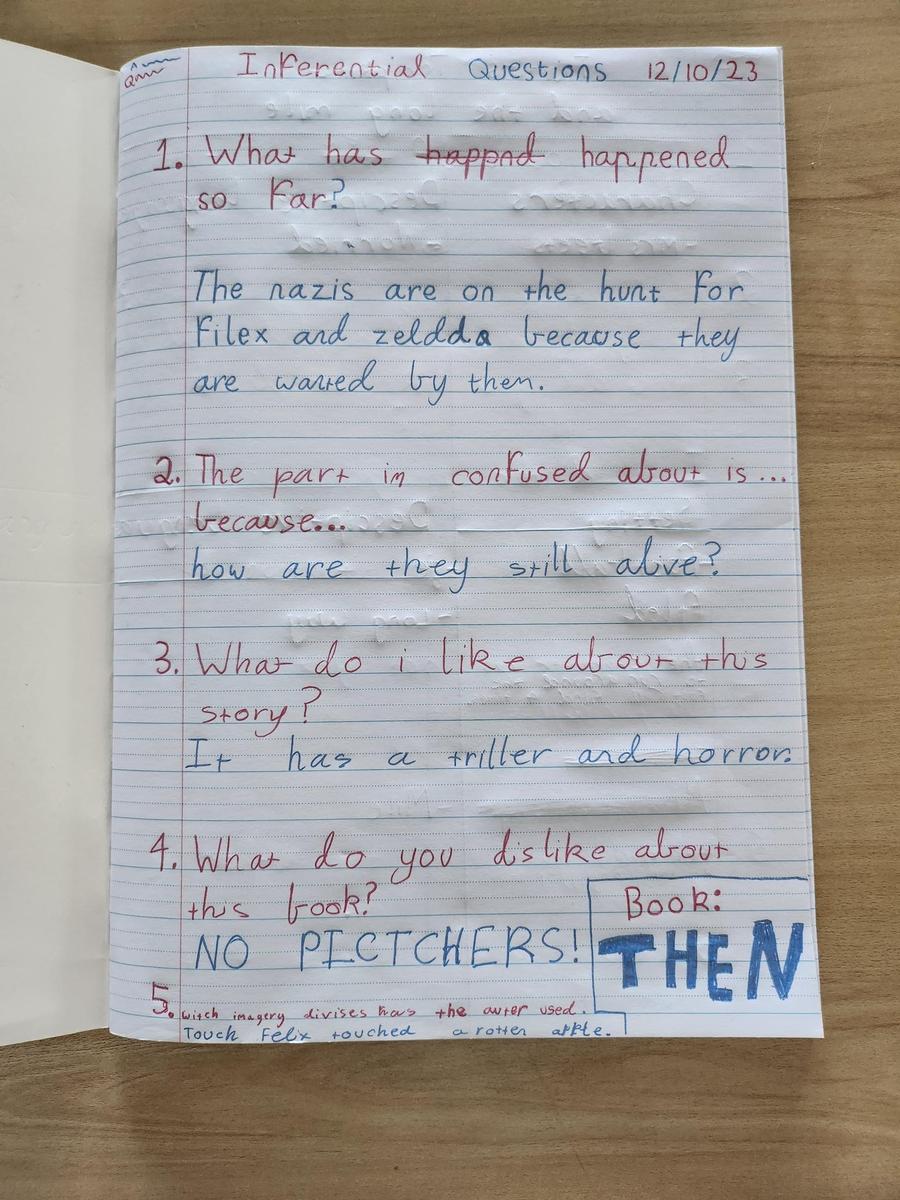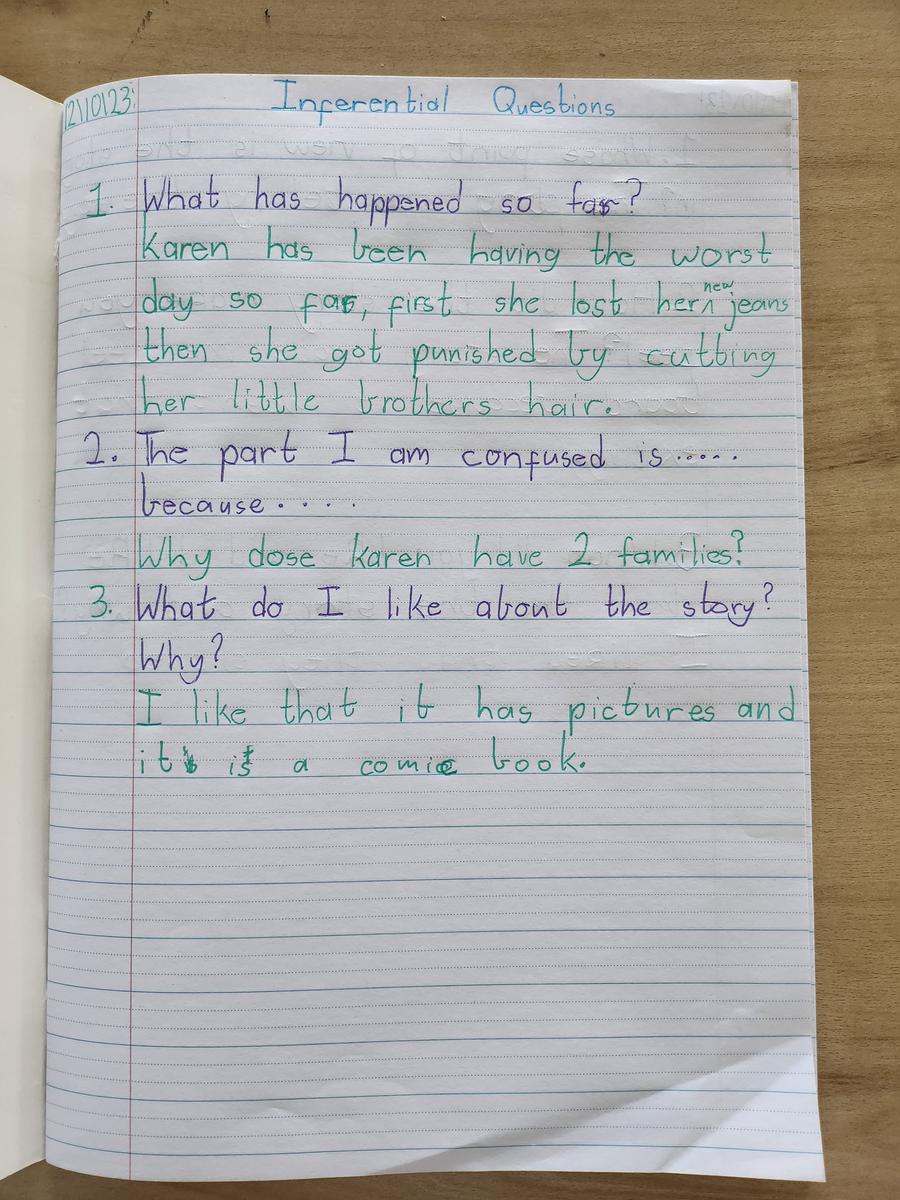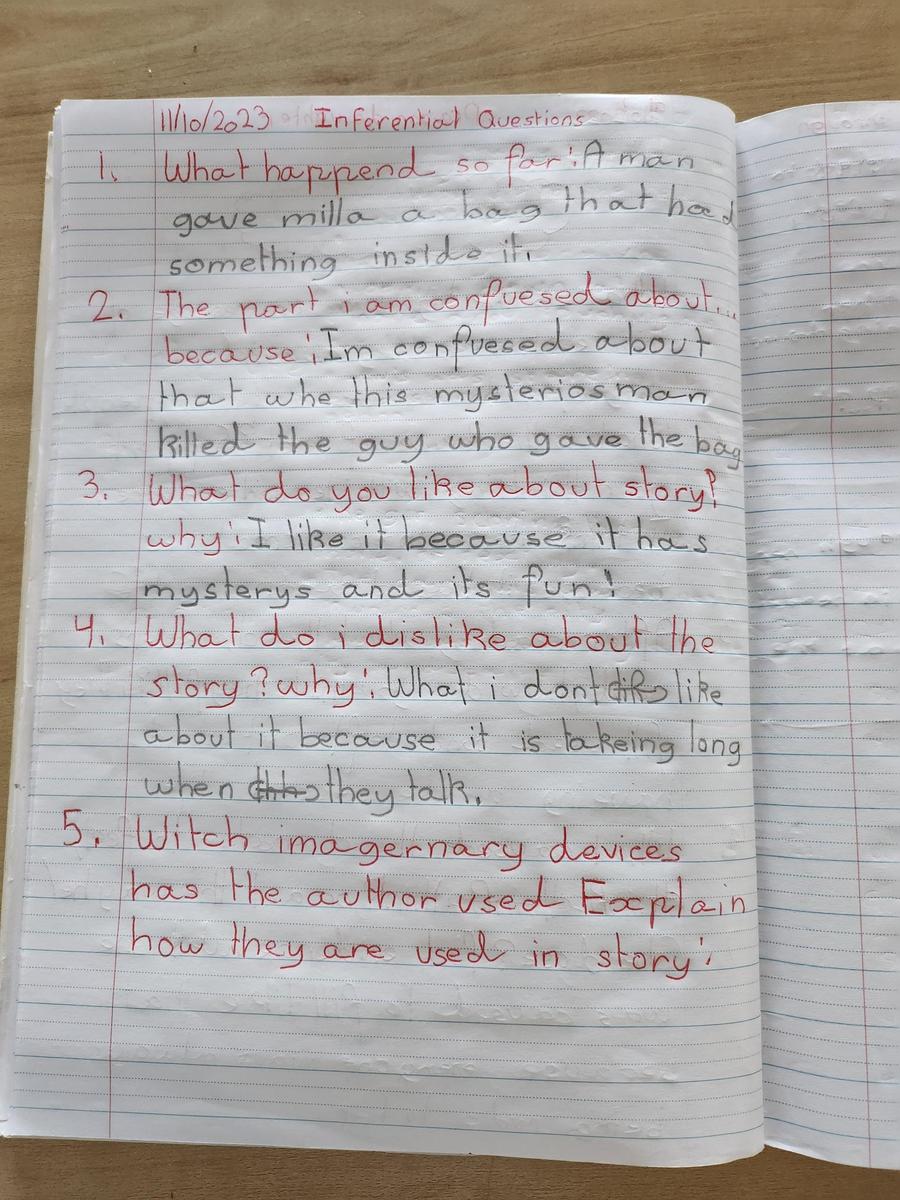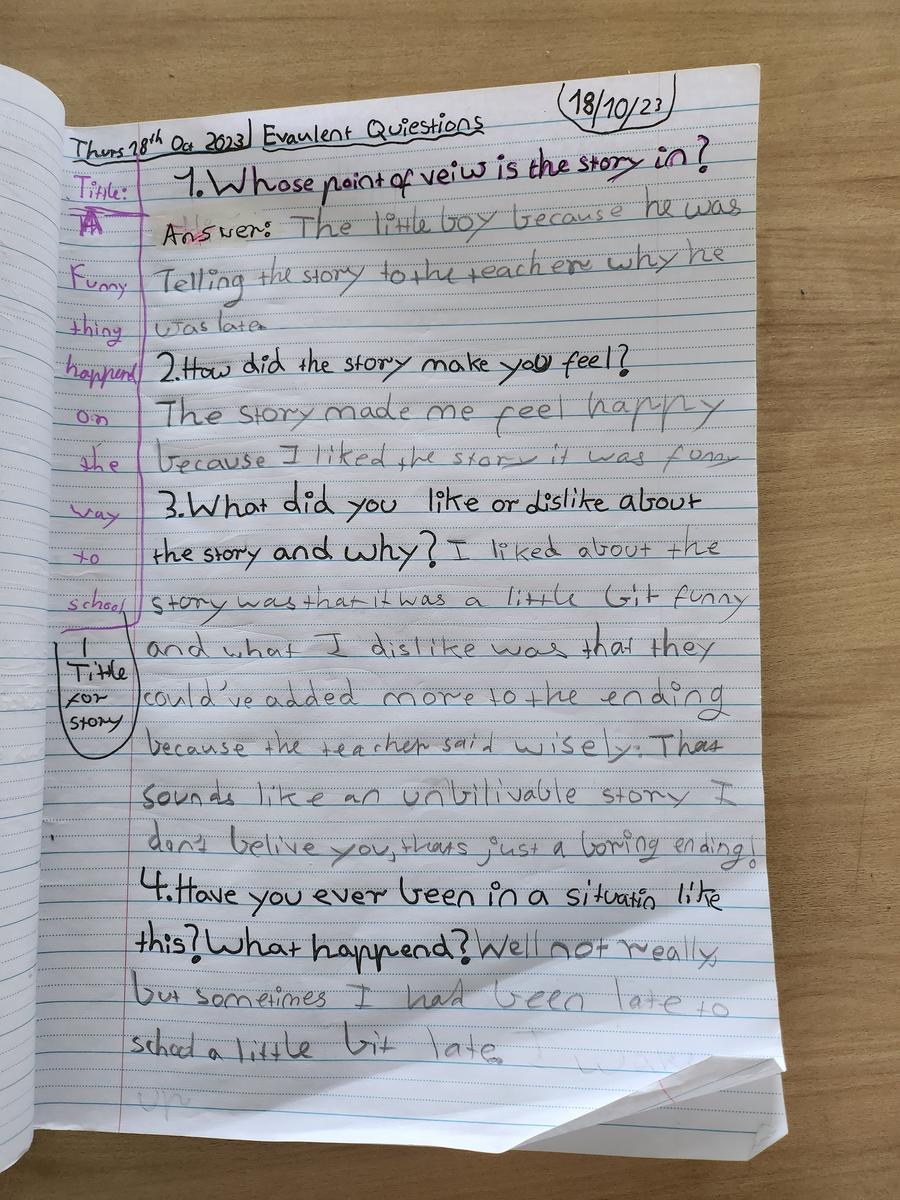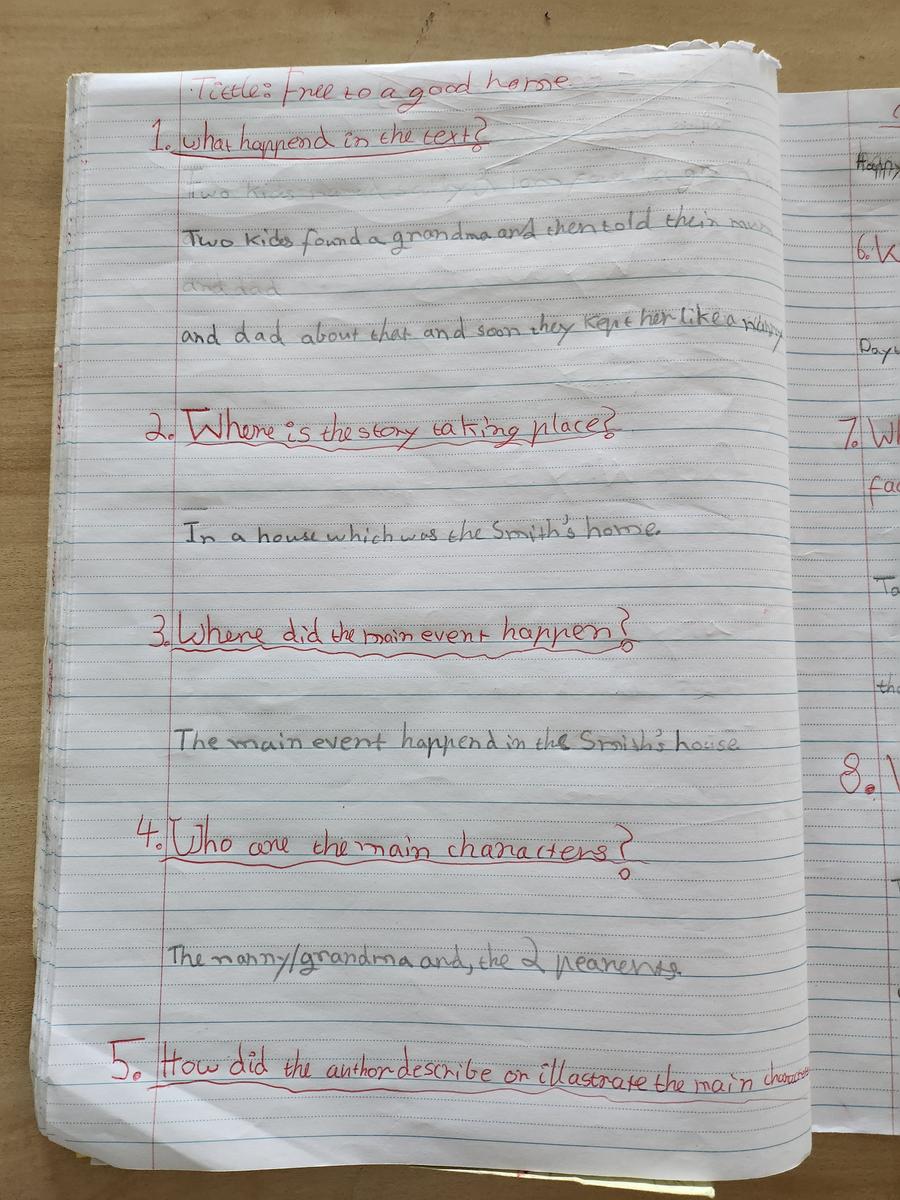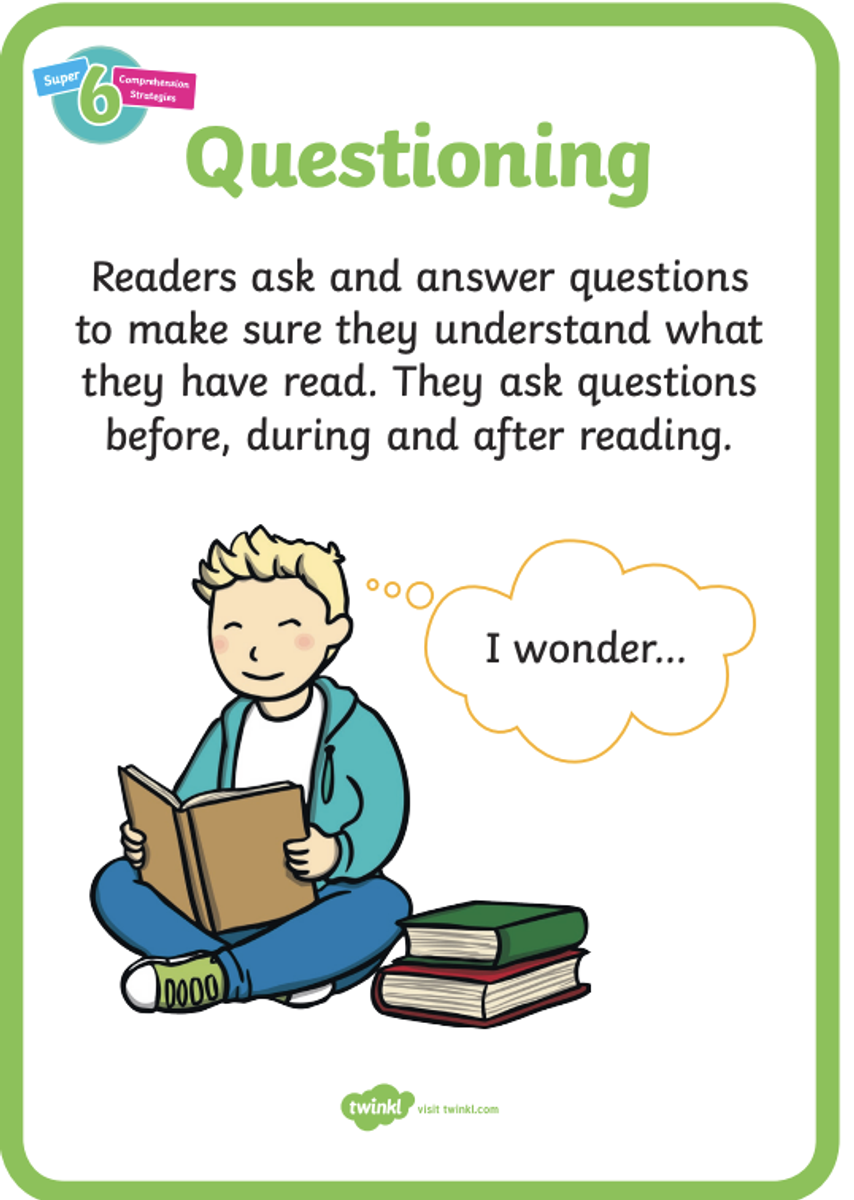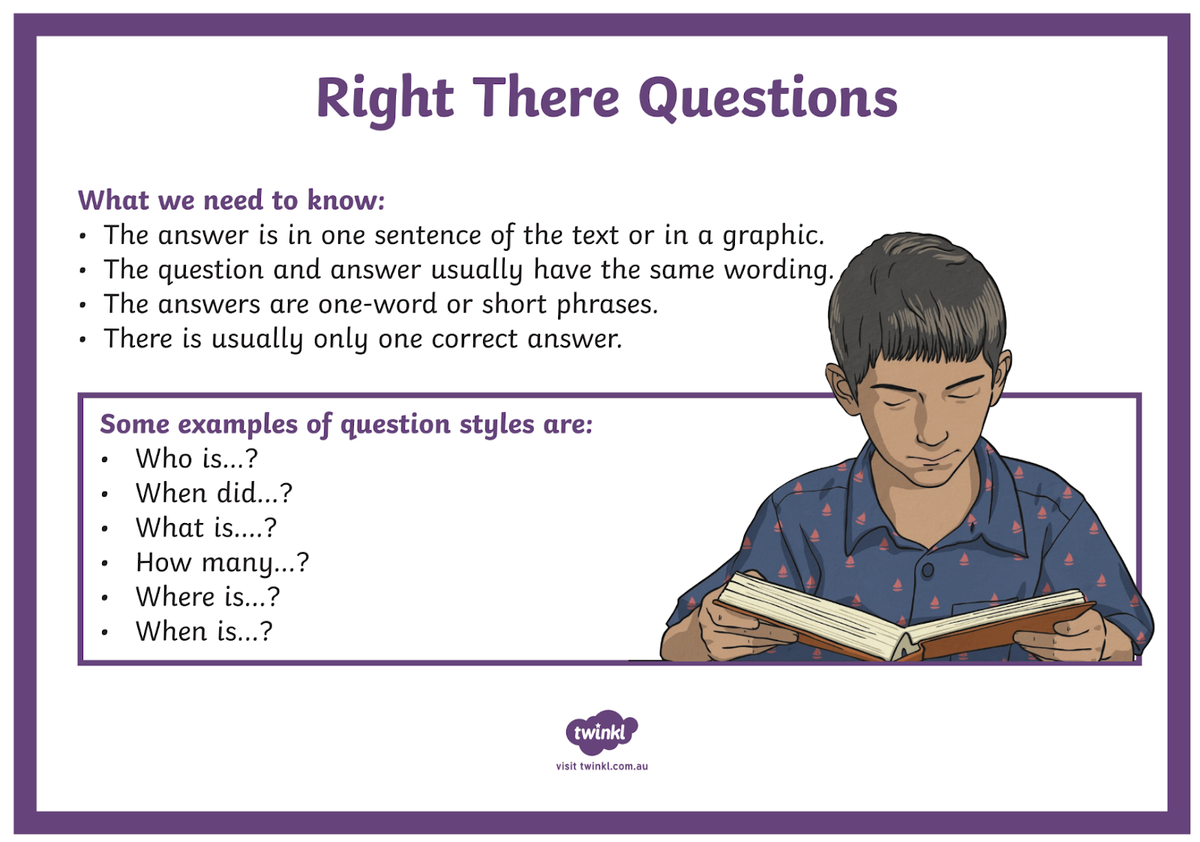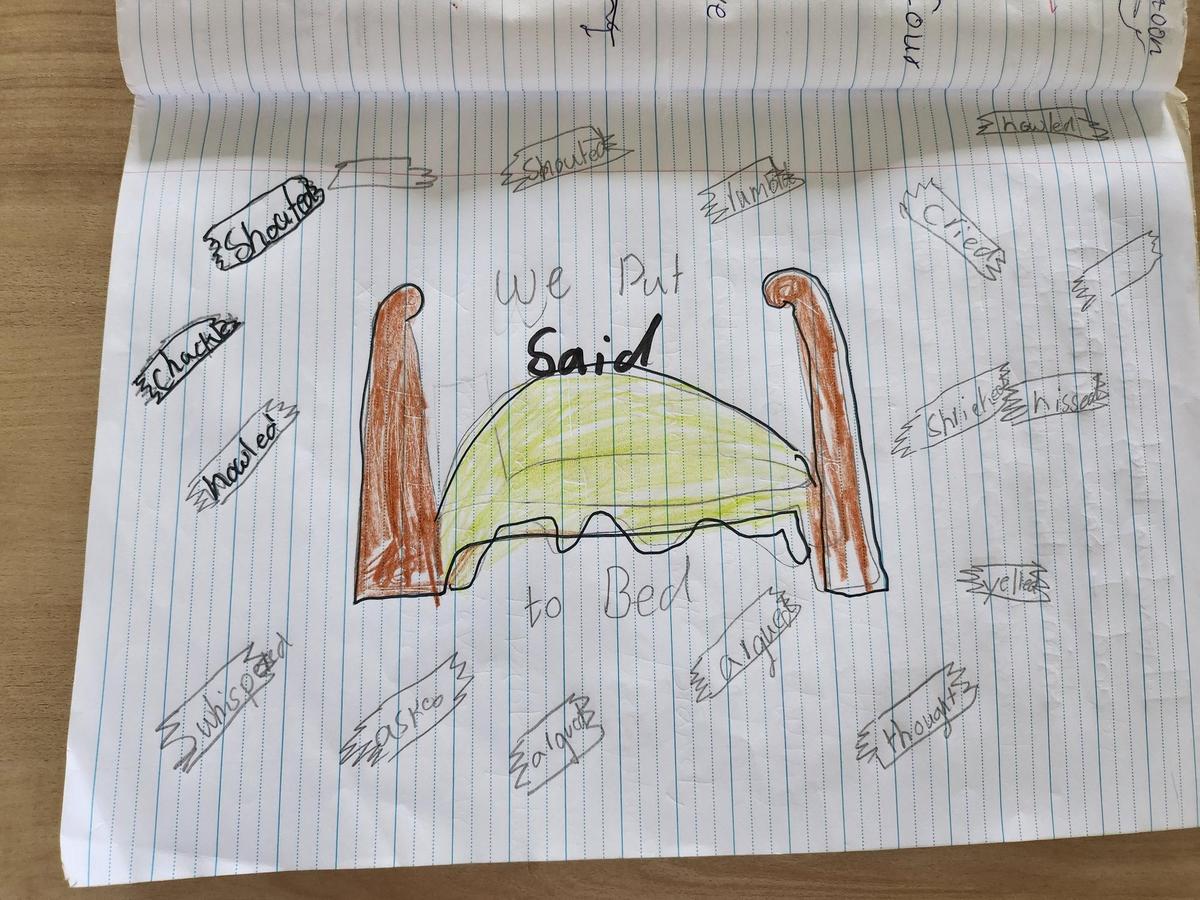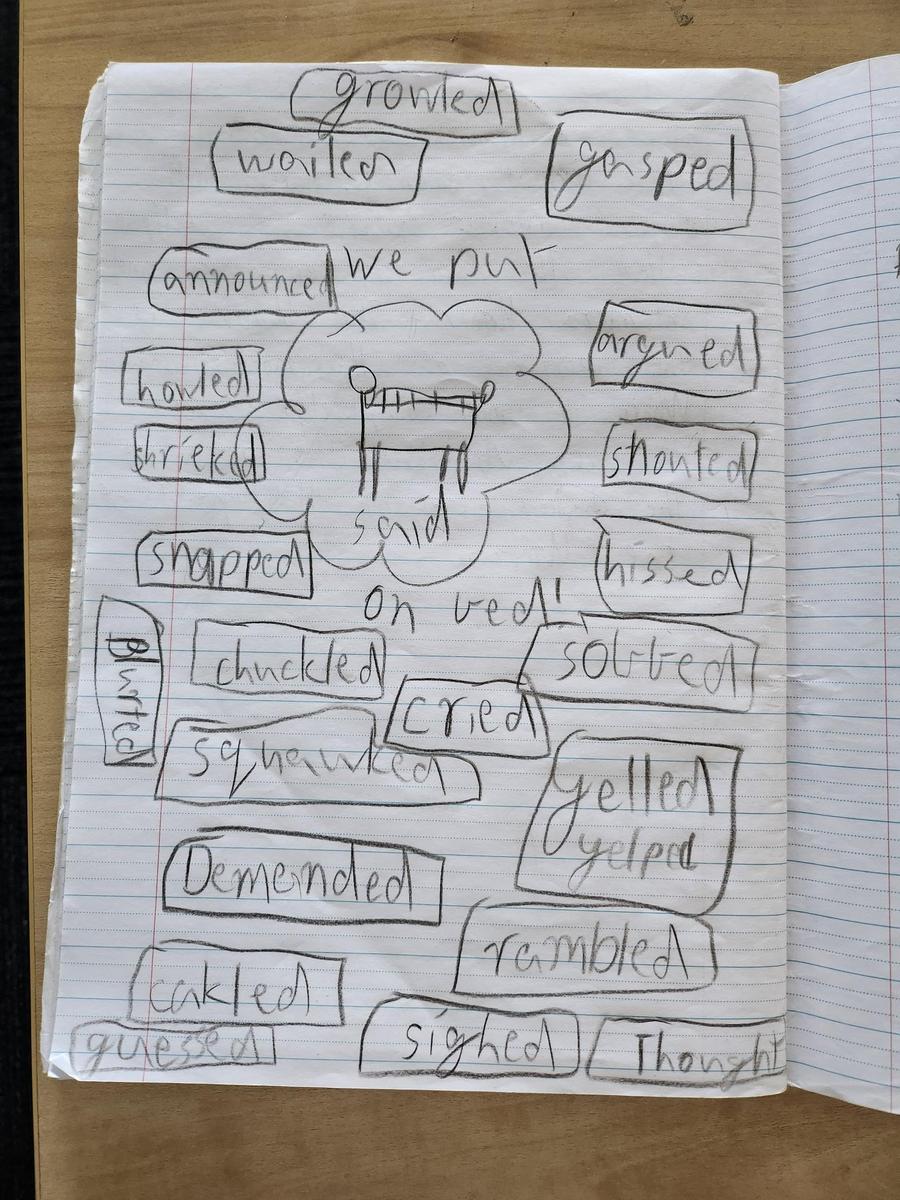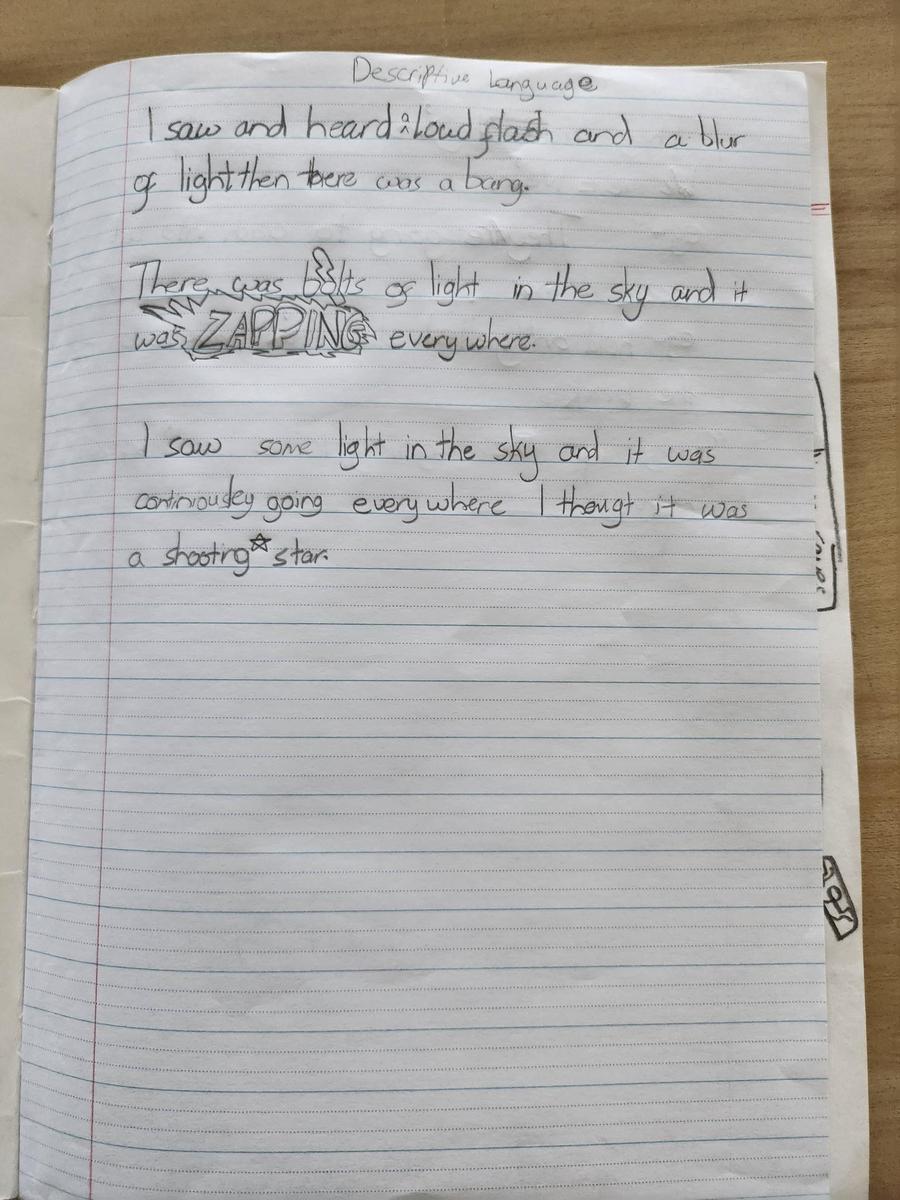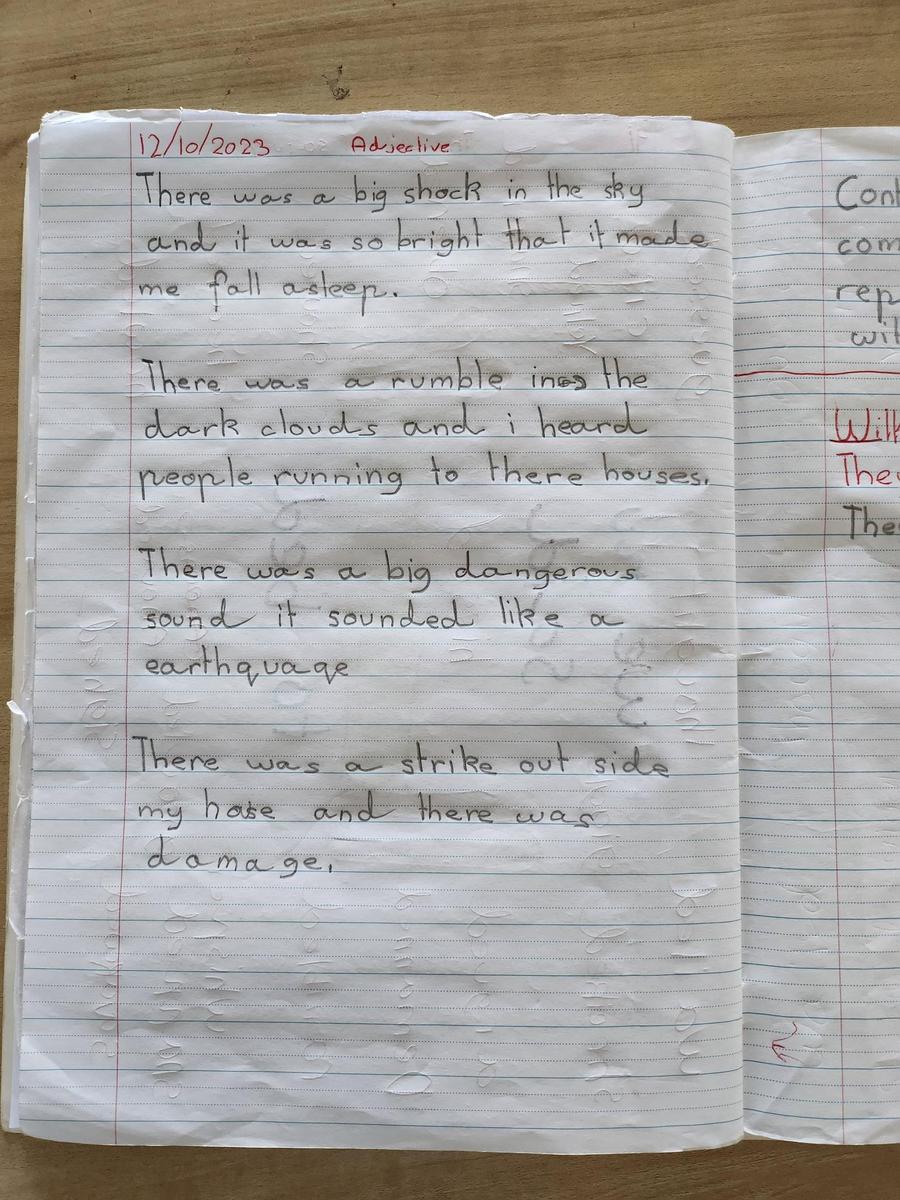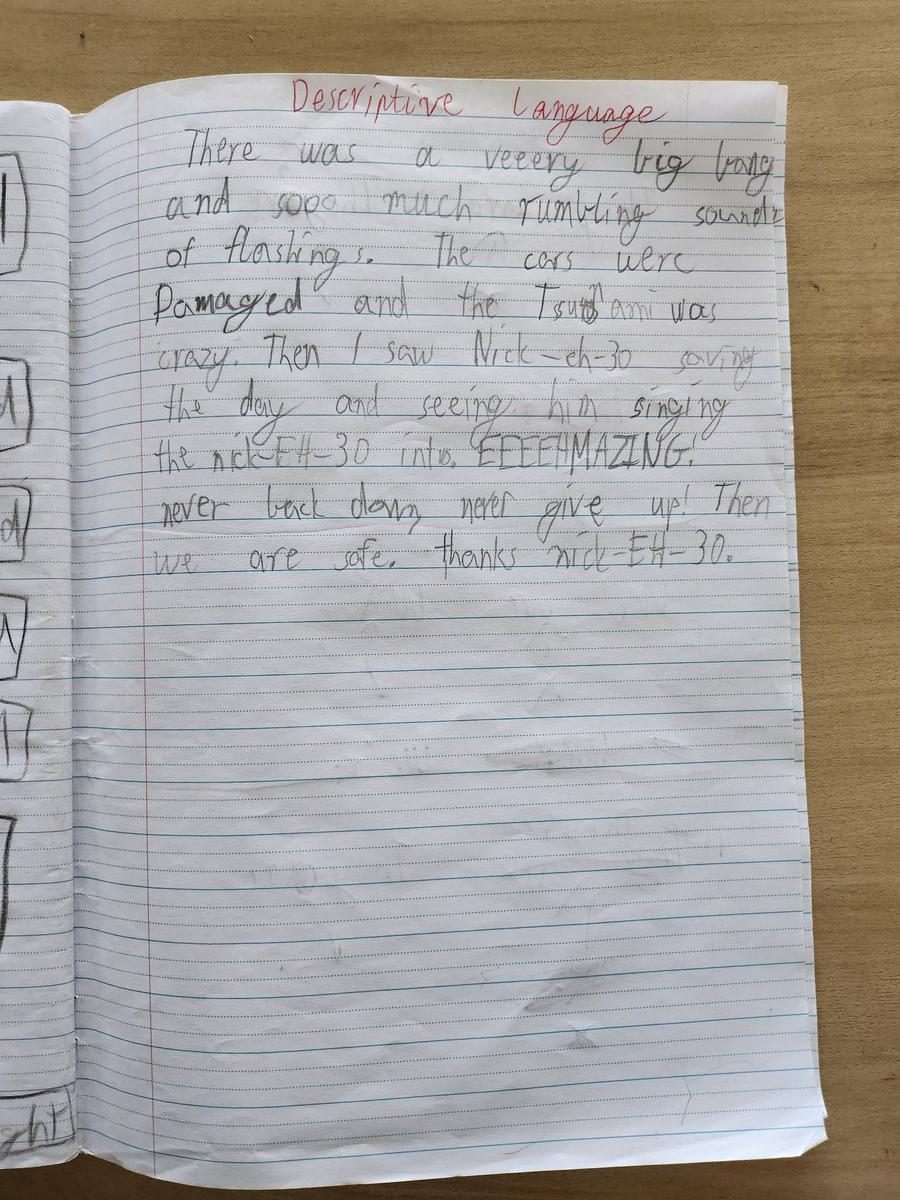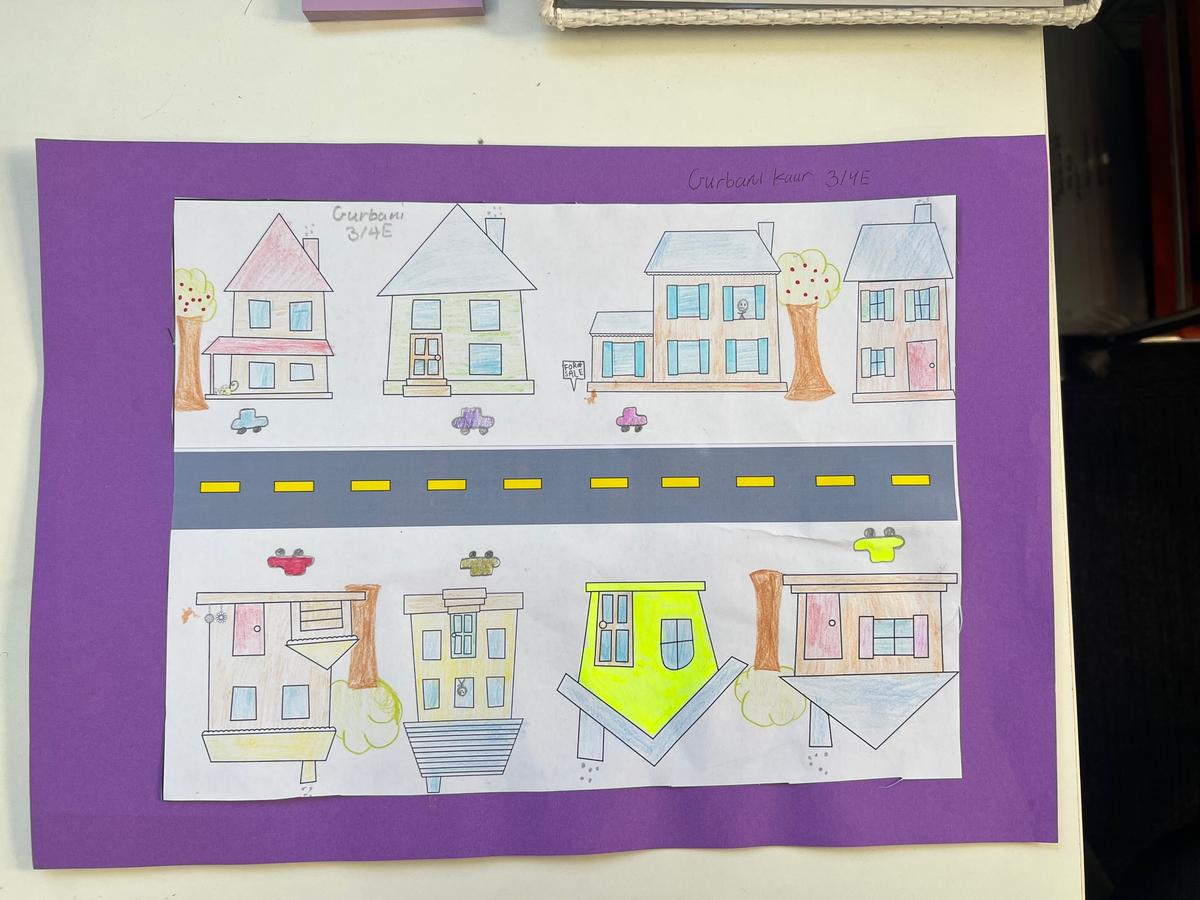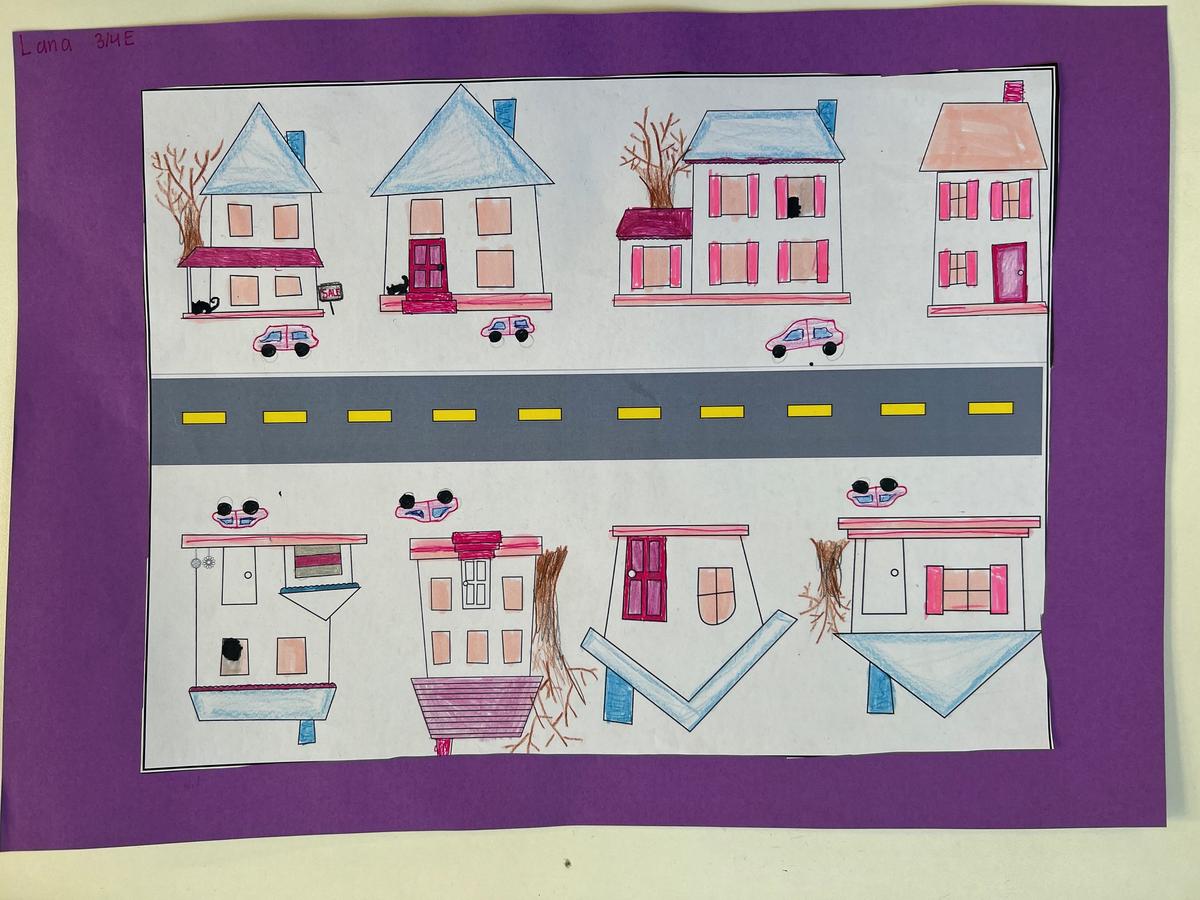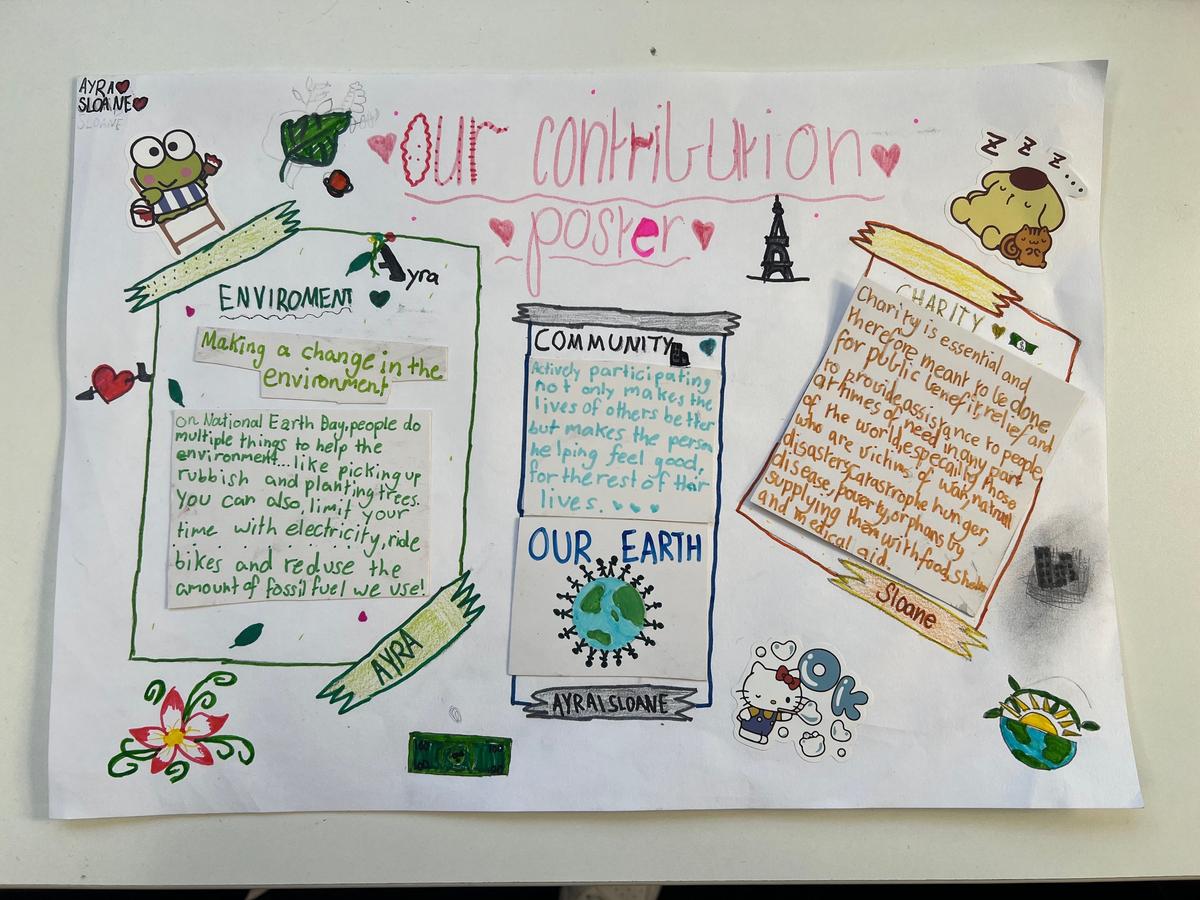
October 2023 Newsletter – Apollo Community.
We would like to say a big welcome back to all our families of the Apollo community. We all hope you had an enjoyable break with your children full of fun and exciting activities spent together. The teachers and students are well rested and ready for another fun filled term.
Our students have started off the term extremely well and we are very excited for our learning journey together.
We look forward to celebrating all of our successes, achievements, and learnings with you throughout the term.
Reading: Questioning
In Reading, students have been focusing on the reading strategy of questioning. Readers ask and answer questions as they read to make sense of the text, but also to monitor their own understanding of what they are reading.
Literal questions have responses that are directly stated in the text. Inferential questions have responses that are indirectly stated, induced, or require other information. Evaluative questions require the reader to formulate a response based on their opinion.
Literal meaning is questions that the students answer by exactly what the text says. Inferential meaning is questions that are determined by what is not directly stated in the text. Evaluative meaning is what the text says about the world outside the story.
Literal questioning is the basic understanding of a text, including facts and information that are directly stated.. When responding to literal comprehension questions, a student should be able to locate the answer directly from the text. Literal comprehension applies the first three essential aspects of comprehension, including locating the main idea and supporting details, sequencing events, and answering recall questions. This type of comprehension generally has one, exact answer.
For Example:
- What happened...
- Who was responsible...
- Which character...
- When did this occur...
- Where did it happen...
- What is the main idea...
- How many..
An Inferential question goes beyond literal meaning to what is implied (why, how did/would/could/do you know…. what if…)
An evaluative question asks the reader to decide whether he or she agrees with the author's ideas or point of view in light of his or her own knowledge, values, and experience. These questions can be answered from “In your head”. Read beyond the text. How do I FEEL about it?
Writing: Narratives
In writing, students have been focusing on the features of a narrative, including descriptive language, imagery devices, paragraphs and grammar. Students were introduced to the features with ‘Putting Said to Bed’ and explored the words that could be used in their narrative instead of ‘said’, such as questioned, answered, yelled, exclaimed, snickered, gasped and groaned. Replacing said, allowed students to bring their dialogue to life and created an image in the reader's mind of how the characters are talking, feeling, and thinking.
Descriptive language is a technique used in narratives that involves a detailed description of a place or person. It's intended to create a vivid and specific picture in the reader's mind to give them a better feel for the story. Students discovered in mentor and levelled texts the adjectives and adverbs an author will use to describe the physical features of the characters and settings, the characters’ actions and dialogue.
Imagery devices are included in narratives to spark the reader's sense of taste, smell, touch, hearing, or sight through vivid descriptions. Students have learnt how to use adjectives to depict what their characters can smell, taste, feel, hear and see. Authors use descriptive language and imagery devices to 'Show and Not Tell', creating a vivd image in the reader's mind.
Contractions and singular and plural possessive nouns have been the focus of the grammar writing sessions. Contractions are words formed by combining two words and replacing the missing letter/s with an apostrophe.
A singular possessive noun refers to one person, place or thing with ownership to another noun in the sentence. Their possessive form requires the addition of an apostrophe and the letter ‘s’. Students explored various texts from the classroom library, including their levelled texts to find examples of singular possessive nouns.
A plural possessive noun refers to more than one person, place or thing with ownership to another noun in the sentence. If the word ends with ‘s’, an apostrophe is added after the ‘s’ or if the word ends with any other letter, an ‘s’ is added to the word followed by the apostrophe. Students explored various texts from the classroom library, including their levelled texts to find examples of plural possessive nouns.
Students recorded examples of singular and possessive nouns on post it notes, which were added to an anchor chart. The posters are displayed in the classroom for students to refer to when writing their narrative.
Numeracy: Fractions
In Maths, students have been exploring fractions. They have been partitioning areas, lengths and collections to create fractions with different numbers of parts. Activities included folding the same sized sheets of paper to illustrate different unit fractions and comparing the number of parts with their sizes. With this understanding, students might be more confident in asking for half a cake rather than a sixth!
Later in the unit, students explored equivalences between fractions through the use of a fraction wall and comparing the fractions with paper folding. With this knowledge, students were able to see, for example, how 1/2 is equivalent to 2/4.
Further to this, students extended their understanding of fractions by converting mixed numbers to improper fractions. Locating and representing fractions on a number line using post it notes, each with different fractions written on them, then they located them on a length of rope as makeshift number line.
Inquiry: How Can I Be An Active Citizen?
In Inquiry, students have been investigating what it means to be an active citizen in our community. They have explored different ways they can positively contribute to the community through actions such as volunteering, starting clubs, being part of committees, voting and fundraising. Students investigated the differences between rules and laws and why these are important for a community to remain safe and function effectively. They discussed what it means to live in a democratic community and how this affects the rights of individuals.
Friendly Reminders
- Please ensure your child has a water bottle at school each day and that it is labelled with their name. As it is Term Four, students are to bring their school hat to wear during recess and lunch.
- Please ensure your child is attending school regularly and on time as ‘It is not okay to be away’.
- Please ensure that your child is reading their home reader for 20 minutes every night and that their reading log is filled in and signed by a parent/guardian. Students are welcome to either read a book from school or a book of their own choice from home.
- We strongly encourage students bring along some brain food (fruit and vegetables) that they may eat in class. It is important that this is included as an additional snack in their lunchbox.

